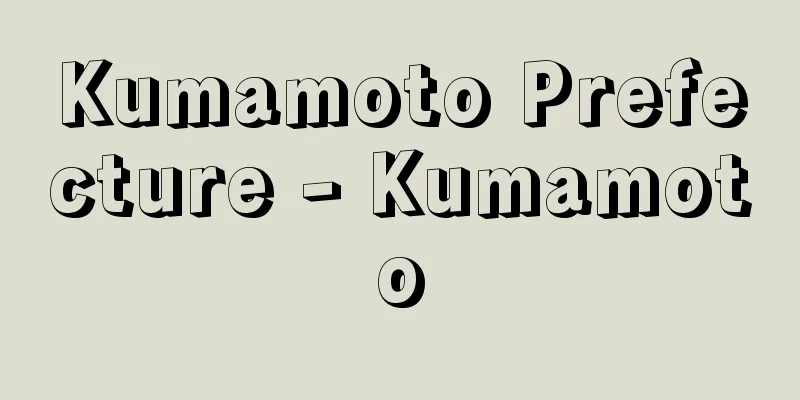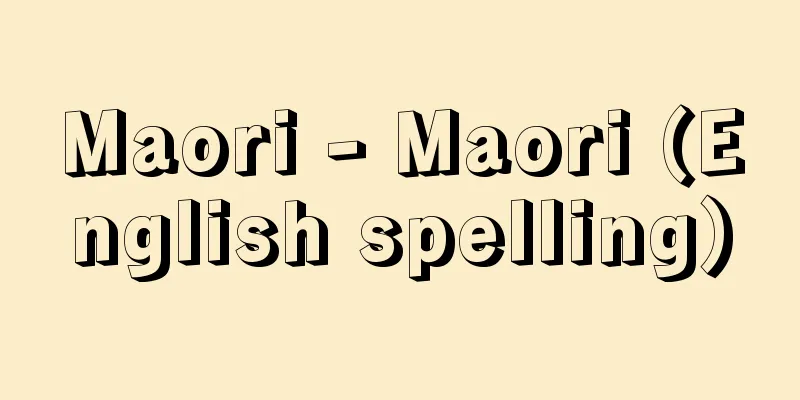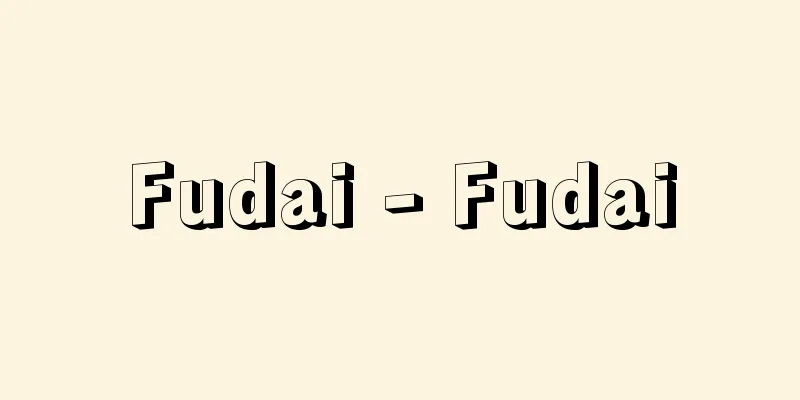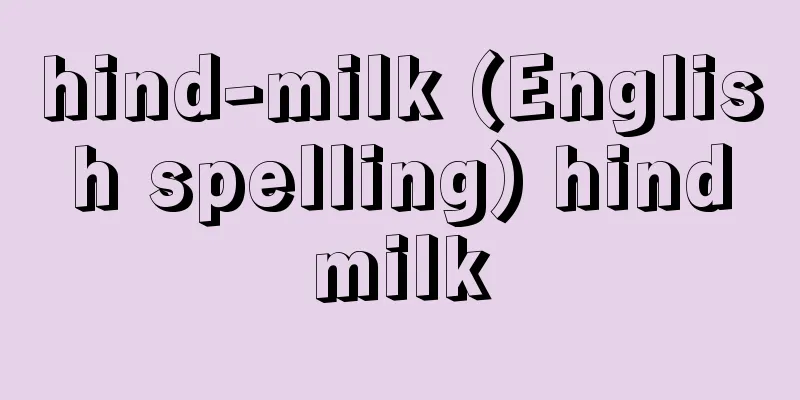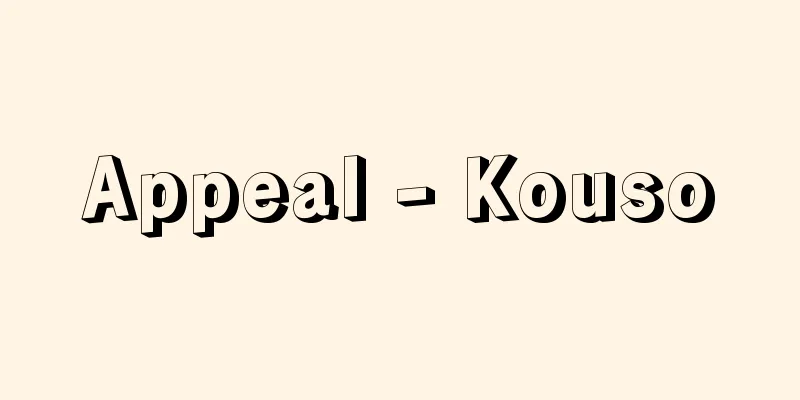Zhou Enlai - Shu On Lai
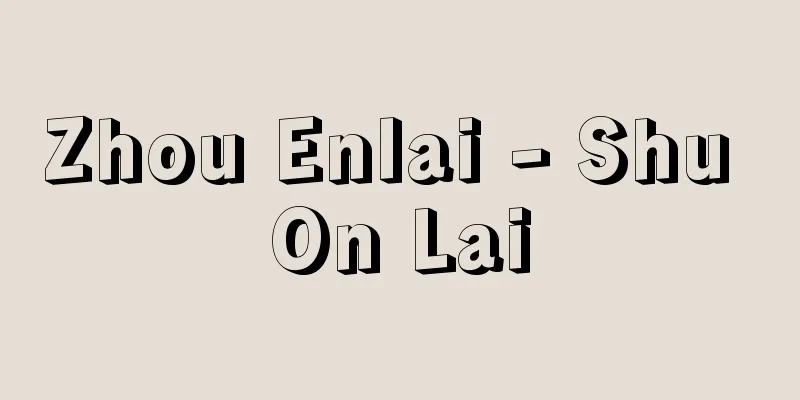
|
Chinese politician and revolutionary. After the founding of the People's Republic of China, he served as Premier of the State Council (Prime Minister). He was born into a noble family in Huai'an, Jiangsu Province, and was adopted by his uncle. He studied at Nankai Middle School in Tianjin. After failing the entrance exam to the Tsinghua School to study in the United States, he came to Japan in 1917 (Taisho 6) and became an auditor at the Higher Preparatory School in Kanda, Tokyo, for nearly two years. In 1919, he returned to China and became a student at Nankai University. He participated in the May Fourth Movement and was imprisoned. The following year, in 1920, he went to study in France as part of the Work and Frugality Movement that was popular at the time. He distinguished himself politically among the other students studying abroad, including Cai Hesen, Zhu De, Li Lisan, Li Fuchun, and Deng Xiaoping. In 1921, he helped found the Communist Youth League of China, and in 1922, he joined the Communist Party of China. He returned to China in 1924, traveling from Paris to London, Berlin, and Moscow. He became deputy head (later head) of the Political Department at the Huangpu Military Academy (headed by Chiang Kai-shek), where he instructed Xu Xiangqian, Lin Biao, and others. In 1925, he married Deng Yingchao, who is described as the ideal couple. When the Northern Expedition began in 1926, he infiltrated Shanghai to lead a workers' uprising, but as a result of the Shanghai coup in April the following year, he fled to Wuhan, and was elected to the Politburo at the Fifth Congress of the Communist Party of China in the same year. In August of that year (1927), he led the Nanchang Uprising with Zhu De and others, and the Guangdong Uprising in December, but both failed. After temporarily escaping to Hong Kong, he entered the Jiangxi Soviet District in 1931, where he assumed the important positions of Director of the Party Central Military Department and Political Commissar of the First Front Army. He was the top military leader during the Red Army's Long March from 1934, but handed over military leadership to Mao Zedong at the Zunyi Conference in January 1935. During the Xi'an Incident in 1936, he persuaded Zhang Xueliang and others who had captured Chiang Kai-shek to release him, and worked to form an anti-Japanese national united front. This is how the second Kuomintang-Communist cooperation was formed, and during the Anti-Japanese War he moved from Yan'an to Chongqing to coordinate between the Kuomintang and Communist parties, and after World War II he also responded to American envoy Marshall's efforts to mediate between the Kuomintang and Communist parties. After the founding of the People's Republic of China in 1949, as Premier of the State Council and Minister of Foreign Affairs (until 1958), Zhou Enlai impressed the world with his "peaceful diplomacy" as a leading figure among the emerging Asian and African countries through the Geneva Conference for the Indochina Truce in 1954, the Five Principles of Peace with Indian Prime Minister Nehru in the same year, and the Asian-African Conference (Bandung Conference) in 1955. He also mediated between socialist countries during the Eastern European incident in 1956. During the Cultural Revolution that began in 1966, he supported Mao Zedong, but after the Lin Biao Incident in 1971, he promoted the post-Cultural Revolution, that is, the de-Maoization of the Mao regime. In terms of foreign affairs, he held an emergency meeting with Soviet Premier Kosygin in 1969 to freeze the threat of a Sino-Soviet war, while also working hard to bring China closer to the United States in 1971, China's accession to the United Nations, and the normalization of diplomatic relations between Japan and China in 1972. These domestic and foreign policies led by Zhou Enlai deepened conflict with Mao's close aides, including Jiang Qing, and he was forced into a difficult situation in his final years until his death from cancer on January 8, 1976. On April 4 of that year, Chinese people took to the streets to honor the late Zhou Enlai, which turned into a mass rebellion against the authorities who tried to suppress it the following day, the Tiananmen Square incident (the first one), and prompted a shift away from Mao's politics. [Mineo Nakajima] "Zhou Enlai: China's Unsung Genius," written by Xu Jie and translated by Takayama Rintaro (1971, Toko Shoin)" ▽ "Zhou Enlai," written by Li Tianmin and translated by Kuwahara Toshiji (1971, Jiji Press)" ▽ "A Critical Biography of Zhou Enlai, written by Shiba Changfu and translated by Takeuchi Minoru (1975, Taihei Publishing)" ▽ "The Distant Zhou Enlai," written by Matsuno Yao (1981, Asahi Shimbun)" ▽ "Zhou Enlai: The Unconquerable Life of a Turbulent Old Man," written by Dick Wilson and translated by Tanaka Kyoko and Tachibana Johei (1987, Jiji Press)" ▽ "Zhou Enlai in Paris: A Chinese Revolutionary's Experience in the West," written by Ogura Kazuo (1992, Chuokoron-Shinsha) [References] | | | | Kuomintang- | | | | Kai-shek | Xi'an | | | | | Mao ZedongSource: Shogakukan Encyclopedia Nipponica About Encyclopedia Nipponica Information | Legend |
|
中国の政治家、革命家。中華人民共和国成立後は国務院総理(首相)を務めた。 江蘇(こうそ)省淮安(わいあん)の名門の家に生まれ、叔父の養子となる。天津(てんしん)の南開中学に学んだ。アメリカ留学のための清華学校の受験に失敗し、1917年(大正6)から2年近く、来日して東京・神田の高等予備学校などの聴講生となったが、1919年には帰国して南開大学の学生となり、五・四運動に参加して投獄された。翌1920年、当時流行の勤工倹学運動でフランスへ留学、蔡和森(さいわしん)、朱徳(しゅとく)、李立三(りりっさん)、李富春(りふしゅん)、鄧小平(とうしょうへい)ら留学生の間で政治的頭角を現し、1921年中国共産主義青年団の創立に加わり、翌1922年中国共産党に入党した。パリからロンドン、ベルリン、モスクワ経由で1924年に帰国。黄埔(こうほ)軍官学校(校長・蒋介石(しょうかいせき))の政治部主任代理(のち主任)となり、徐向前(じょこうぜん)、林彪(りんぴょう)らを指導した。1925年、理想的な夫婦像として語られる鄧穎超(とうえいちょう)夫人と結婚。1926年の北伐(ほくばつ)開始とともに上海(シャンハイ)に潜入して労働者の蜂起(ほうき)を指導したが、翌1927年4月の上海クーデターの結果、武漢に逃れ、同年の中国共産党五全大会では政治局委員に選出された。この年(1927)8月、朱徳らと南昌(なんしょう)蜂起、12月の広東(カントン)蜂起を指導して失敗、一時香港(ホンコン)に脱出後、1931年江西ソビエト区に入り党中央軍事部長、第一方面軍政治委員の要職についた。1934年からの紅軍の大長征には軍事面での最高指導者であったが、1935年1月の遵義(じゅんぎ)会議で毛沢東(もうたくとう)に軍の指導権を譲った。1936年の西安(せいあん)事件に際しては、蒋介石を捕らえた張学良(ちょうがくりょう)らを説得して釈放させ、抗日民族統一戦線の結成に努めた。こうして第二次国共合作が成ったが、抗日戦争中は延安(えんあん)から重慶(じゅうけい)に移って国共両党の調整にあたり、第二次世界大戦後はマーシャル・アメリカ特使の国共調停工作にも応じた。 1949年の新中国成立後は、国務院(政務院)総理兼外交部長(1958年まで)として、1954年のインドシナ休戦のためのジュネーブ会議、同年のネルー・インド首相との間の平和五原則、1955年のアジア・アフリカ会議(バンドン会議)などを通じ、アジア・アフリカ新興諸国のエースとして「周恩来平和外交」を世界に印象づけた。1956年の東欧事件では社会主義諸国間の調停にもあたっている。1966年からの文化大革命では毛沢東を支持したが、やがて1971年の林彪異変以降、脱文革化、つまり毛沢東体制下の非毛沢東化を推進した。対外的には、1969年にコスイギン・ソ連首相と急遽(きゅうきょ)会談して中ソ戦争の危機を凍結する一方、1971年の米中接近、国連加盟、1972年の日中国交正常化に尽力した。こうした周恩来主導の内政と外交は、江青(こうせい)ら毛沢東側近との対立を深め、1976年1月8日に癌(がん)で死去するまでの最晩年は厳しい状況に追いやられていた。同年4月4日の亡き周恩来をたたえる中国民衆の街頭行動は、翌5日、これを鎮圧しようとした当局への大衆反乱となって天安門事件(第一次)をもたらし、毛沢東政治からの転換を促したのである。 [中嶋嶺雄] 『許芥いく著、高山林太郎訳『周恩来――中国の蔭の傑物』(1971・刀江書院)』▽『李天民著、桑原寿二訳『周恩来』(1971・時事通信社)』▽『司馬長風著、竹内実訳『周恩来評伝』(1975・太平出版社)』▽『松野谷夫著『遙かなる周恩来』(1981・朝日新聞社)』▽『ディック・ウィルソン著、田中恭子・立花丈平訳『周恩来――不倒翁波瀾の生涯』(1987・時事通信社)』▽『小倉和夫著『パリの周恩来――中国革命家の西欧体験』(1992・中央公論社)』 [参照項目] | | | | | | | | | | | | | |出典 小学館 日本大百科全書(ニッポニカ)日本大百科全書(ニッポニカ)について 情報 | 凡例 |
<<: Ammonium Bromide - Ammonium Xanthate
Recommend
Lobaria spathulata (English spelling) Lobaria spathulata
… [Hiroyuki Kashiwatani]. … *Some of the terminol...
Iwaimachi - Iwaimachi
...This is a parlor song sung in the brothels of ...
Masanosuke Watanabe - Masanosuke Watanabe
He was one of the leading workers in the prewar J...
Karroo system
A geological formation consisting mainly of contin...
Fundamental Law of Education
This law, Act No. 25 of 1947, directly proclaims ...
Pantheism - English spelling pantheism
It is a philosophy that the totality of all that ...
Schulz, CM (English spelling) SchulzCM
…A beagle dog that appears in the newspaper comic...
Normative Responsibility Theory
A legal theory that seeks the essence of criminal ...
Min River - Minjiang
The largest river in Fujian Province, China. It i...
British roll - British roll
〘 noun 〙 A way of tying women's hair. A style ...
Ensete (English spelling) Abyssinian banana
A plant of the Musaceae family cultivated in Ethio...
Khūzistān (English spelling)
A region in southwestern Iran, downstream of the Q...
financial management
…To carry out its activities, a company must rais...
relocation center
… [Enemy Aliens during Wartime] As of the end of ...
Shrine of the dead - Shokonsha
〘Noun〙 The former name of Yasukuni Shrine and Goko...
